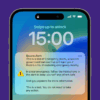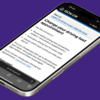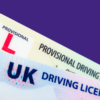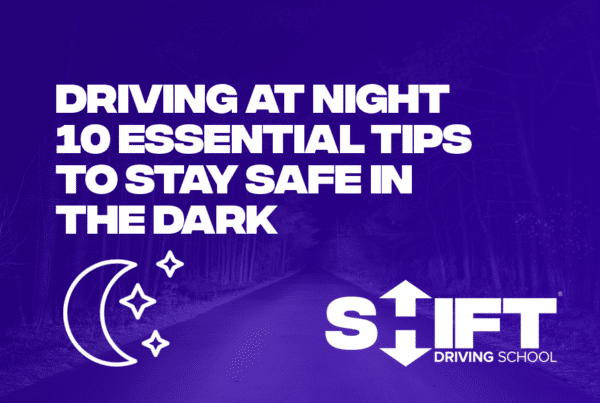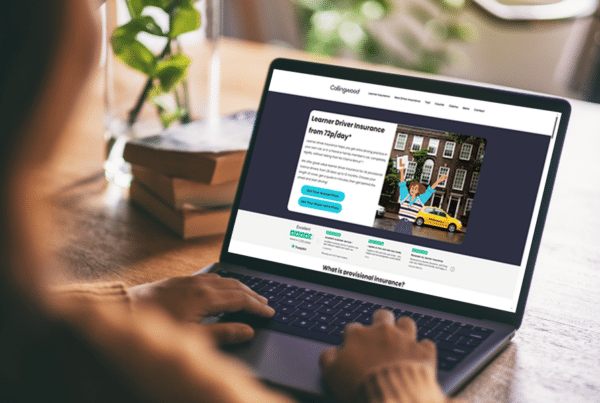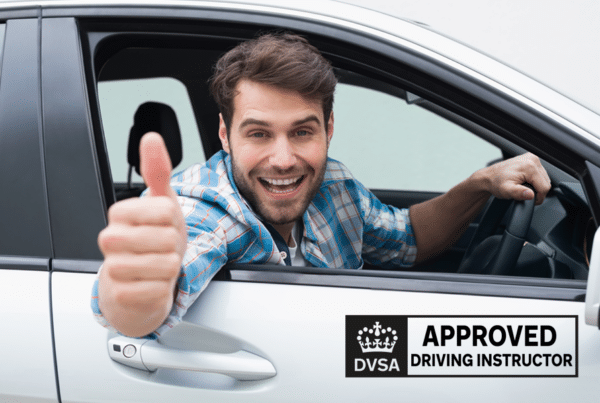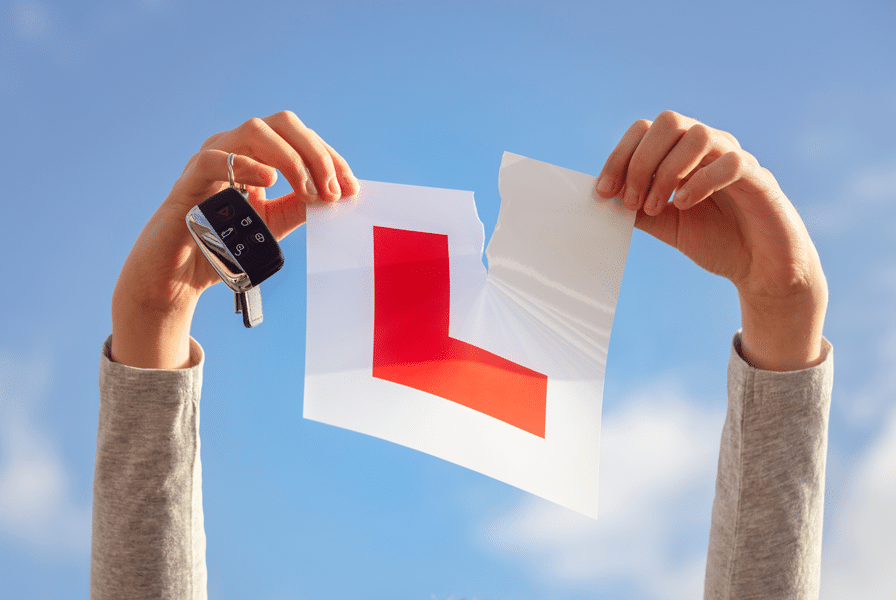
“How Long Does It Take to Learn How to Drive?” “How many lessons do you think I’ll need?” Some questions we hear on the daily.
So, you’ve decided it’s time to get behind the wheel and conquer the roads. Maybe you’re 17 and desperate for that sweet taste of freedom, or perhaps you’ve been dodging public transport for years and finally had enough. Either way, you’re probably wondering, “How long is this whole driving thing going to take?” Well, buckle up, because the answer isn’t as straightforward as you might hope. The time it takes to learn to drive can range from a few weeks to what feels like a lifetime—yes, really. But don’t panic just yet; here’s a breakdown of what to expect and some tips to get you behind the wheel in no time.
The Starting Line: Before You Hit the Road
First things first, you can’t just jump into a car and start cruising down the motorway. Nope, you’ve got to get yourself a provisional license. This little green card is your ticket to start learning, and it takes a couple of weeks to arrive—so don’t expect to be mastering clutch control by next Tuesday.
While you’re waiting, use the time wisely. Do a bit of research on driving instructors or schools, Shift is a great choice (obv). It’s like dating—you want someone who’s reliable, patient, and won’t make you cry within five minutes. Check reviews, ask around, and make sure they’re DVSA-approved.
How Many Lessons Do You Need?
Ah, the million-pound question: “How many lessons will I need?” On average, it’s about 40 hours of professional tuition and 20 hours of private practice. But that’s just an average—some people are naturals, while others… well, let’s just say they’re not. There’s no shame in needing more hours though; it’s better than becoming an involuntary YouTube sensation for “Worst Parallel Park Ever.”
And if you’ve got a motorbike license already, congratulations—you might just have a head start. As for the rest of us, it’s all about practice, practice, and more practice.
The Roadblocks: What Slows Down Your Learning?
Several things can jam the brakes on your progress:
Theory Test: You need to pass this before you can even think about booking your practical test. Get it out of the way early, so you don’t have it hanging over you like a dark cloud.
Practical Test Waiting Times: Once you’re ready to take your practical, you might have to wait… and wait… and wait some more. The queues can be long, especially if everyone in your area suddenly decided they want a license too.
Lesson Frequency: One hour a week is great if you’re not in a mega rush, but if you want to pass before your hair turns grey, consider doubling up. Intensive courses are like a crash diet—intense, but they work. Just be ready to eat, sleep, and breathe driving for a little while.
Test Failures: We all like to think we’ll pass the first time, but the statistics say otherwise. If you do fail, don’t despair—it’s not the end of the world, just the end of your week’s good mood. Keep calm, carry on, and remember: Rome wasn’t built in a day, and neither is a perfect driver.
Cash Flow: Driving lessons can drain your wallet faster than a weekend in London. If money’s tight, you might need to take breaks between lessons, which can slow things down. Budgeting ahead and looking for deals can help keep the momentum going. Block bookings may save you a few quid too.
Top Tips to Speed Things Up
If you’re itching to get your license ASAP, here are some tricks to help you get there faster:
- Plan Ahead: Instructors get booked up quickly, especially during holidays. Don’t leave it to the last minute.
- Practice Between Lessons: If you can get some practice outside of lessons, do it. Just make sure you’re not picking up any bad habits from your uncle who thinks he’s the next Lewis Hamilton but drives like Mr. Bean. Practice what you’ve been learning in your lessons too.
- Stay Consistent: Regular lessons keep the information fresh and your skills sharp. Gaps between lessons can lead to more time spent recapping instead of moving forward.
- Consider an Intensive Course: If you’re in a rush, an intensive driving course might be just what the driving instructor ordered. It’s not for the faint-hearted, but it’ll get you to your test faster.
After the Test: The Real Learning Begins
So, you’ve passed your test. Congrats! But here’s the twist: you’ve only just begun learning. Driving solo is a whole new ballgame, and you’re still on probation for two years—get six points on your license, and you’ll be back to square one.
To ease the transition, consider a Pass Plus course, which not only boosts your confidence but might also shave a few pounds off your insurance. And remember, every drive is an opportunity to improve, so keep calm and carry on driving—just try not to make your insurance company nervous.
In the end, learning to drive is a personal journey. It takes time, patience, and more than a few deep breaths. But with the right mindset and approach, you’ll be on the road in no time—just don’t forget to celebrate when you finally ditch those L plates!


